Affiliate links on Android Authority may earn us a commission. Learn more.
Why your next phone shouldn’t be purchased through a carrier
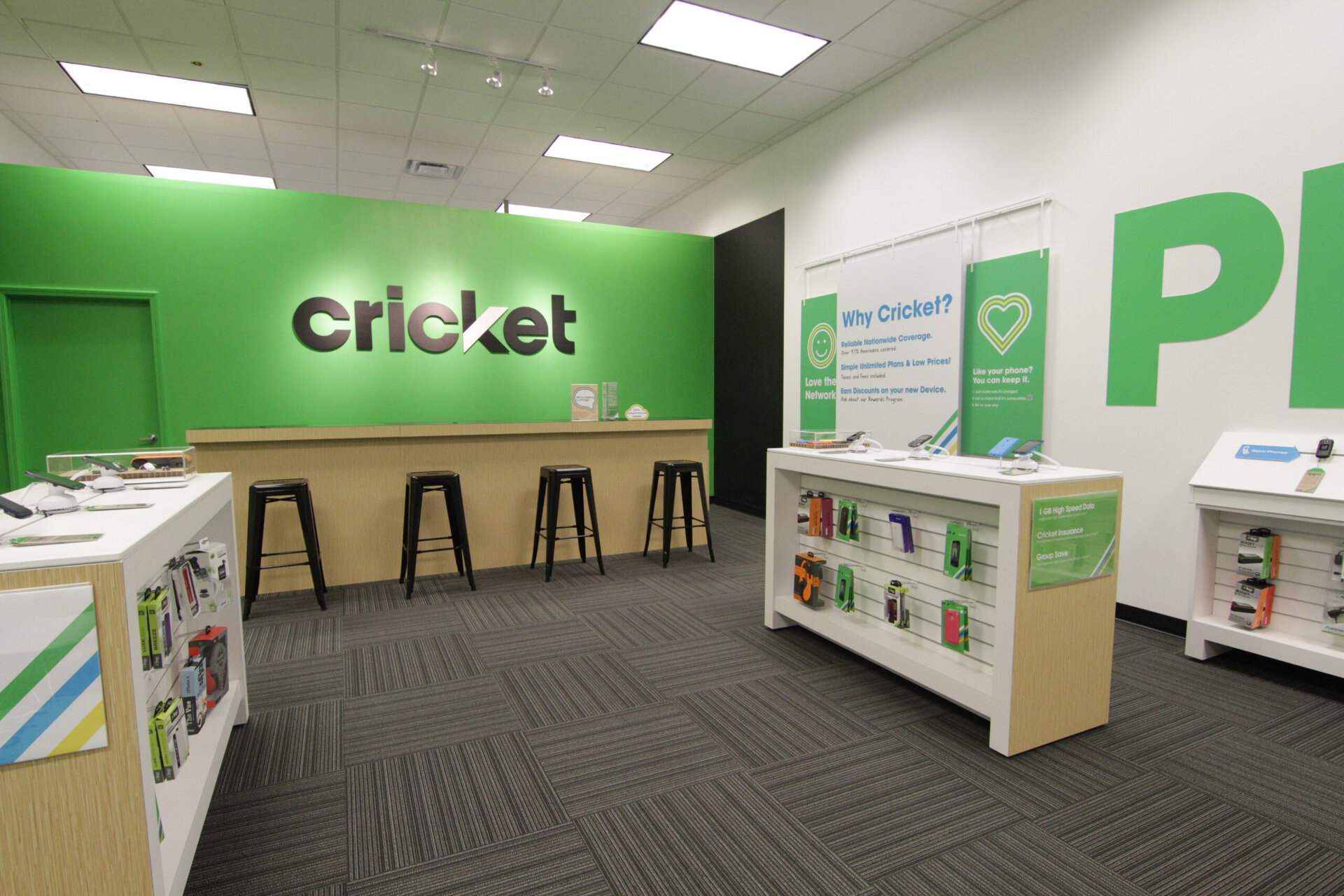
As more and more of the US has gone mobile, the nationwide postpaid-first carriers have exercised more and more hegemony over the market. Whatever AT&T, Verizon, Sprint, and T-Mobile dictate is what the customers get, and while carriers have made aggressive moves in recent years to appeal to these consumers (T-Mobile in specific, with its Un-carrier offerings, comes to mind), there has always been a better option – to buy your phones unlocked.
While at one point in American wireless history, unlocked phones conjured up ideas of barely-functioning cell service and years-old flip phones, the industry has progressed to a point where customers can purchase not only the same devices carriers sell, but in many cases other devices carriers don’t even offer. And it’s become increasingly easy to not only get the same service you’ll find with the big four carriers, but even better coverage in some instances.
Sound appealing yet? We don’t blame you if you think so, because you’re not the only one. In fact, between June and August 2015, a whopping 39% of Android phone sales were prepaid, and this number is only rising as more people learn about the benefits – and the lack of drawbacks.
The carrier selection
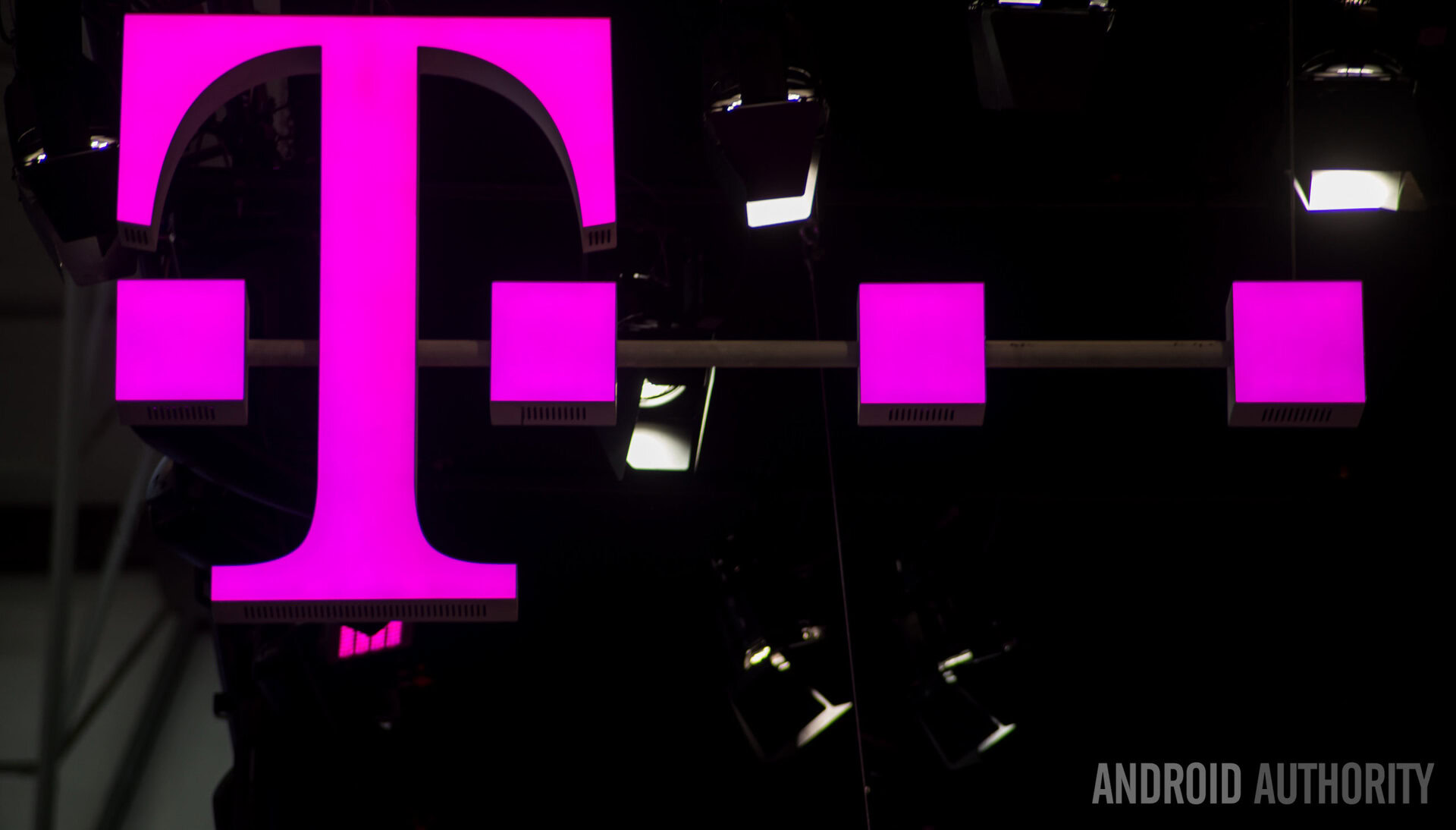
Perhaps the biggest draw in buying unlocked is the carrier selection. Traditionally, in the US, you have the option of getting phone service from AT&T, T-Mobile, Verizon, or Sprint, but the unlocked route opens the door to a great many other networks, most of which function as mobile virtual network operators (MVNOs). MVNOs buy access to the larger carriers’ networks in bulk, and tend to offer plans that offer far greater value than many offerings from the big four carriers.
Prepaid carriers in the US include Google’s Project Fi, Boost Mobile, Cricket Wireless, MetroPCS, Net10, Straight Talk, Page Plus, PTel, Republic Wireless, SIMPLE Mobile, and more. In fact, Verizon, AT&T, T-Mobile, and Sprint – traditionally known for their postpaid offerings – also offer some surprisingly affordable prepaid offerings that will save money over time. Our own Joe Hindy offered up a comprehensive overview of American prepaid carriers with all kinds of details about plan offerings, which is a must-read for anyone considering the unlocked route.
The important takeaway is that buying unlocked allows the choice of a carrier that can suit very specific needs. There’s no one-size-fits-all approach to selecting a carrier, and going prepaid can be a very simple means of choosing a carrier that can meet the needs of everyone from a data warrior needing upwards of 50GB a month to someone who just needs to talk on the phone for a couple hundred minutes each month.
Not only does access to this wealth of carrier options give choice, but it also allows customers to purchase cost-effective options that have become something of a unicorn in the postpaid world. Over a few years, prepaid plan options can often save thousands compared to postpaid plans with similar features.
This all sounds a little too good to be true, but the drawbacks are few and oftentimes able to be worked around. Roaming isn’t a service offered by many MVNOs, but that isn’t likely a problem if you have an unlocked phone – just buy a new prepaid SIM card in whichever country you’re visiting. Device selection offered directly by prepaid carriers are also oftentimes lacking, but a great number of these prepaid options allow you to buy a device unlocked from either the manufacturer or another distributor, and purchase just the SIM card from whichever carrier is the best fit.
The phones
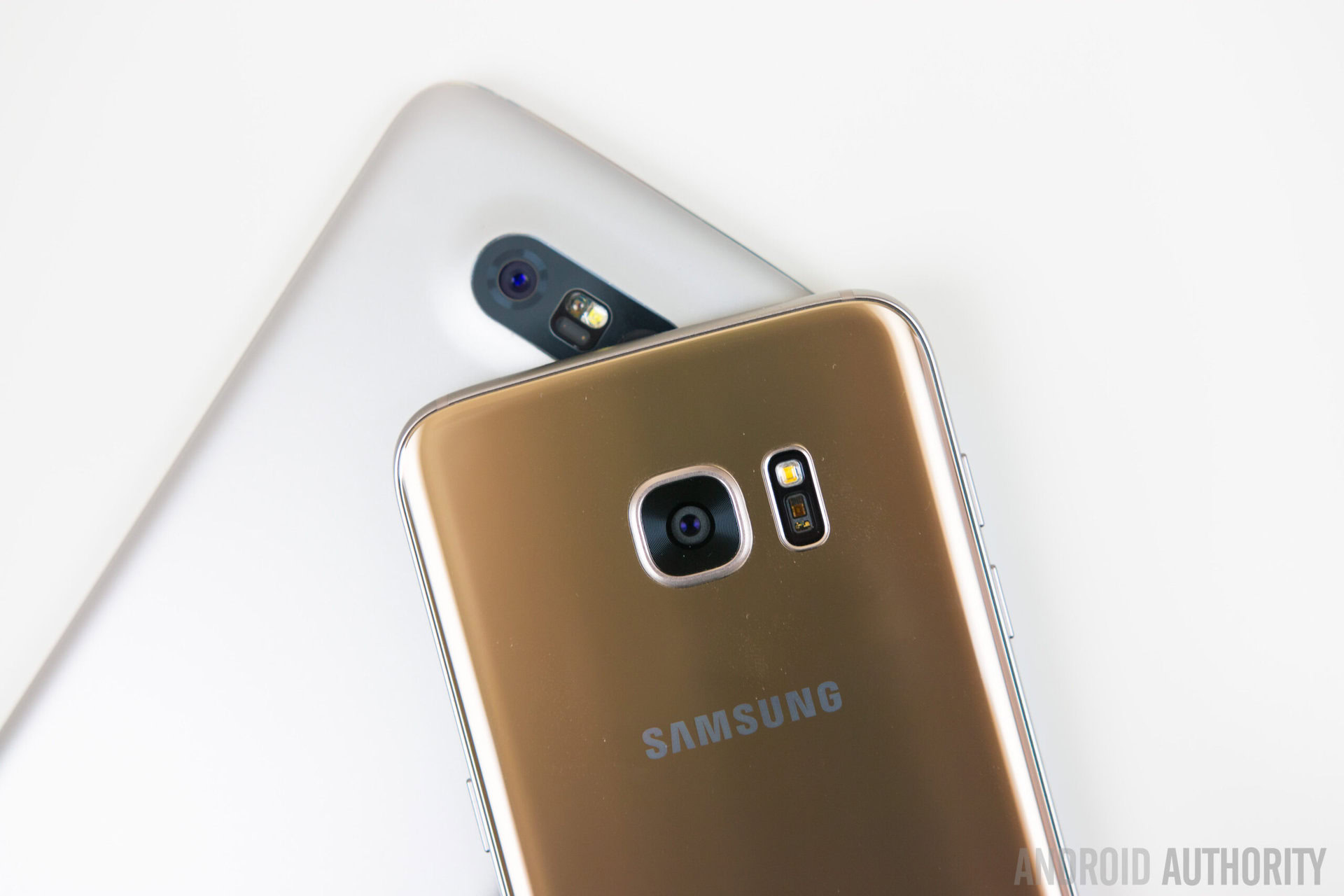
While it’s true that the vast majority of the latest and greatest phones are available through Verizon, AT&T, T-Mobile, and Sprint, there’s a litany of reasons to not go this route.
One huge reason to buy unlocked is to get updates faster than through carriers – and in some cases, to get updates at all. Unlocked versions of phones almost always get updates sooner than their carrier-locked counterparts, typically because these updates don’t have to go through tenuous carrier approval processes, which often result in the update in question never reaching the device. Even if you buy an unlocked Samsung Galaxy S7 and use it on, let’s say, AT&T, that phone would get updates sooner than the AT&T-branded version.
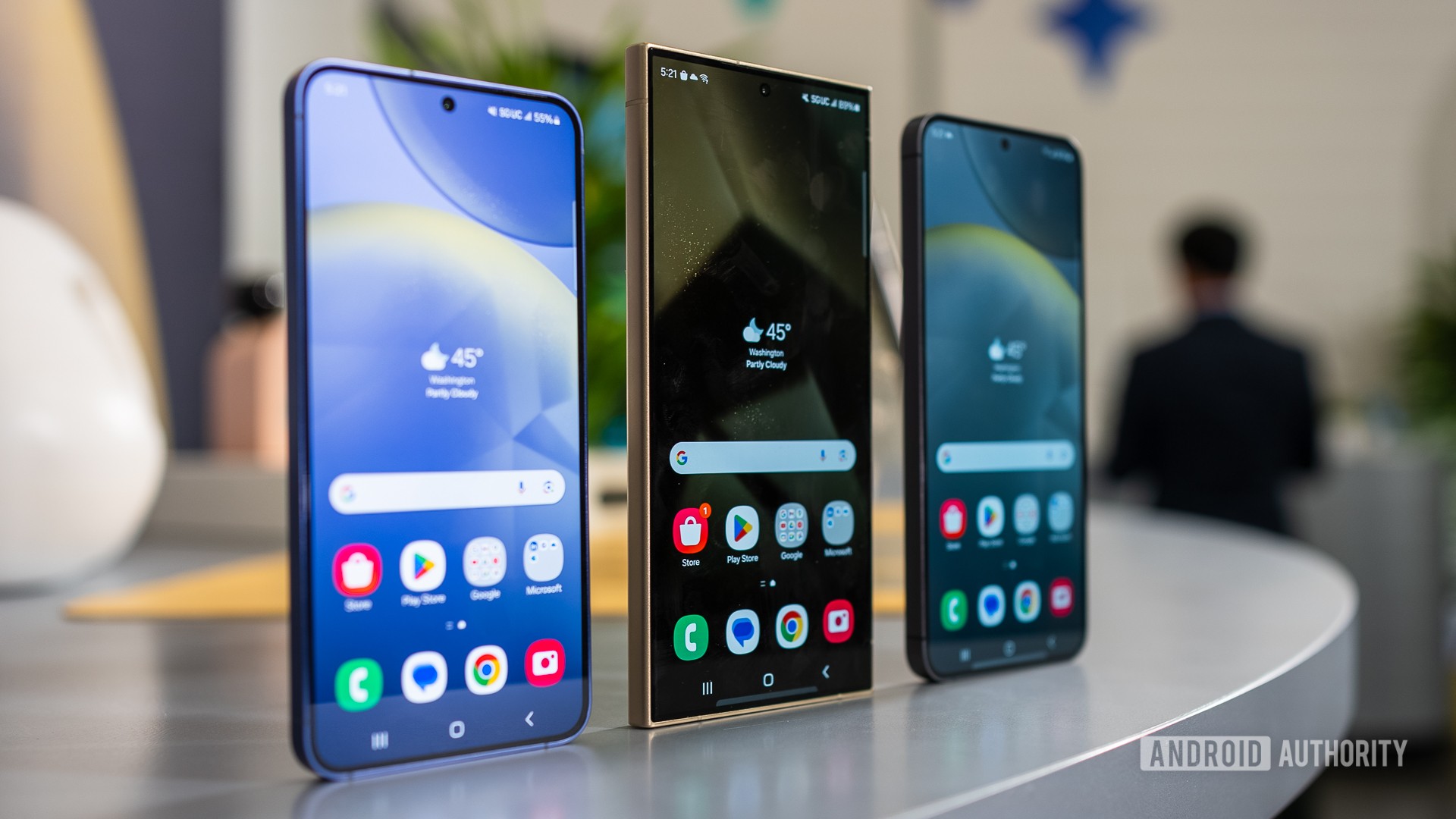
Another reason to avoid carrier-branded phones is bloatware. Carriers have adopted the unfortunate habit of pre-installing loads of apps on the handsets they sell, and there’s even bloatware that installs more bloatware these days. Companies such as T-Mobile, typically known to be less aggressive, are not without fault either; apps like Lookout continue to be frustrating.
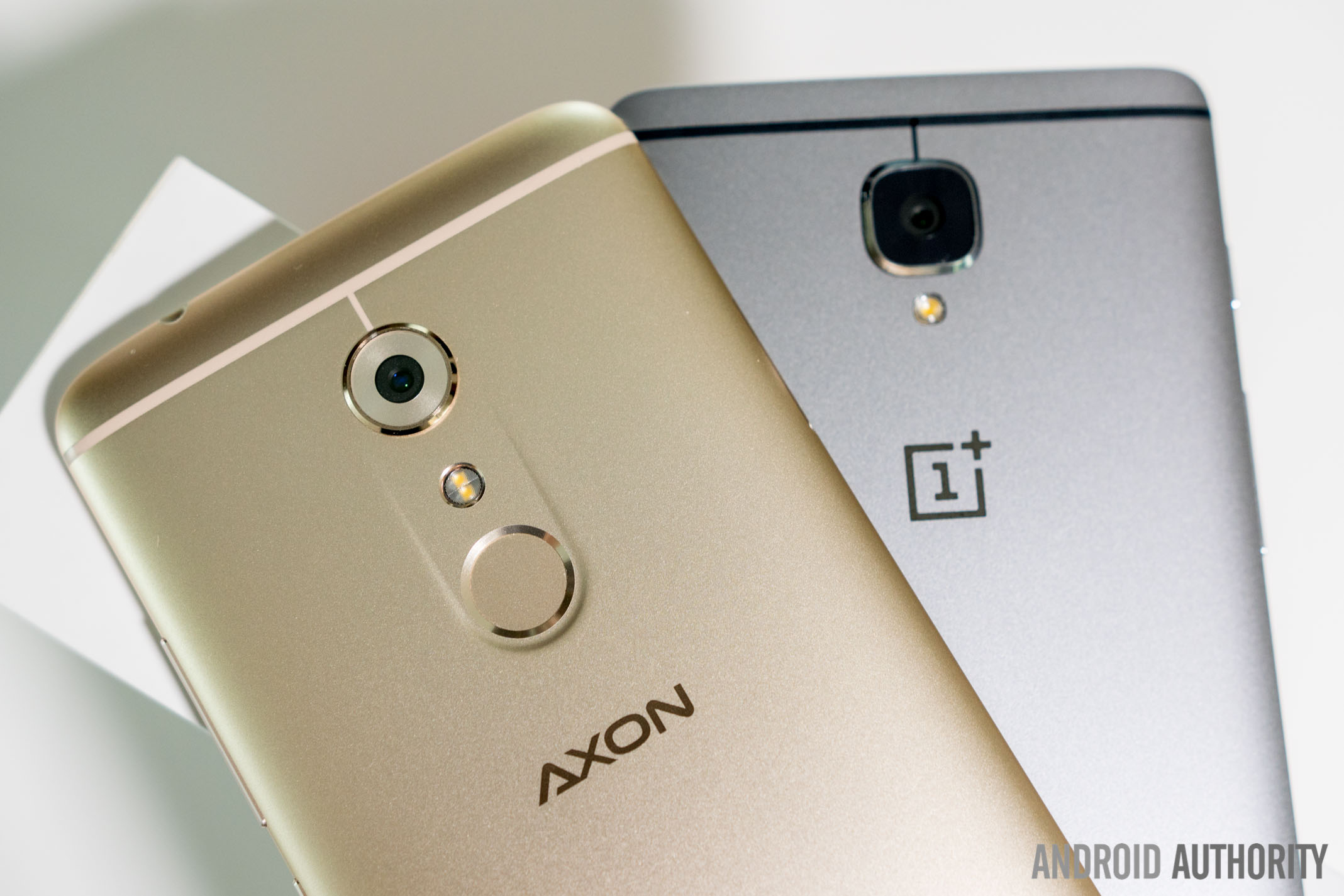
A third reason is to have access to a greater number of phones in general. The best example of this is the Nexus lineup, which is typically sold unlocked, though carriers have sold Nexus devices in the past and are rumored to do so in the future. Other, typically more affordable, options such as devices from BLU, Huawei, ZTE, Oneplus, and countless other carriers are also options in the unlocked landscape and aren’t offered directly by traditional carriers.
Yet another reason, if you need more, is access to pre-owned or refurbished devices. Devices can be bought through places ranging from refurbished device programs run by manufacturers themselves to communities like Swappa or even Craigslist. In fact, Andrew Grush has a whole separate piece on do’s and dont’s of buying used phones that will certainly be useful for anyone interested in buying through channels like these.
Some may complain that going prepaid precludes opportunities to make use of carriers’ new plans that allow paying for devices in installments over 24 months – not only does this subject you to the downsides listed above, though, but these plans typically tend to be more expensive in the long run. The math is firmly in favor of prepaid.
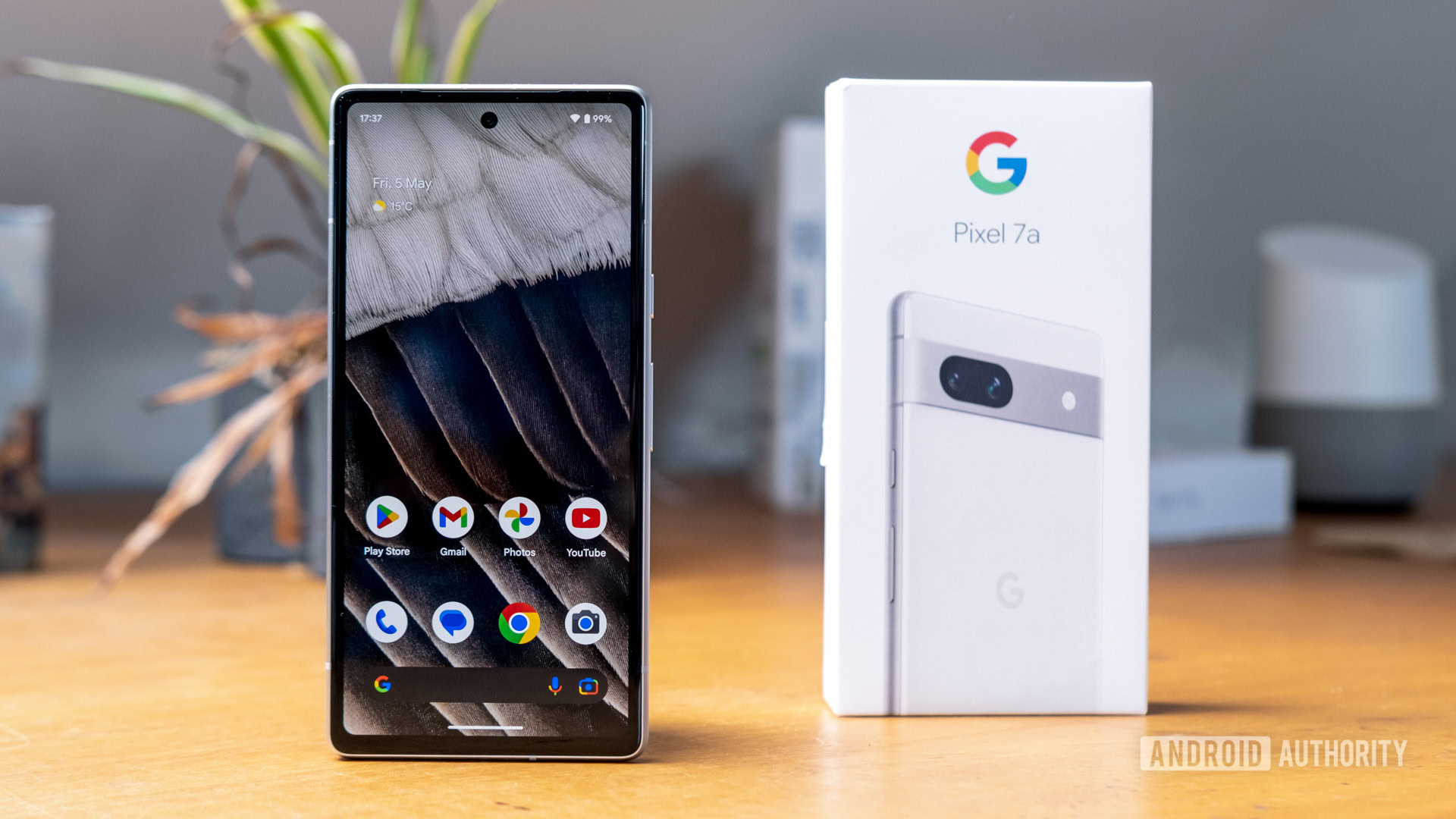
You’re in control
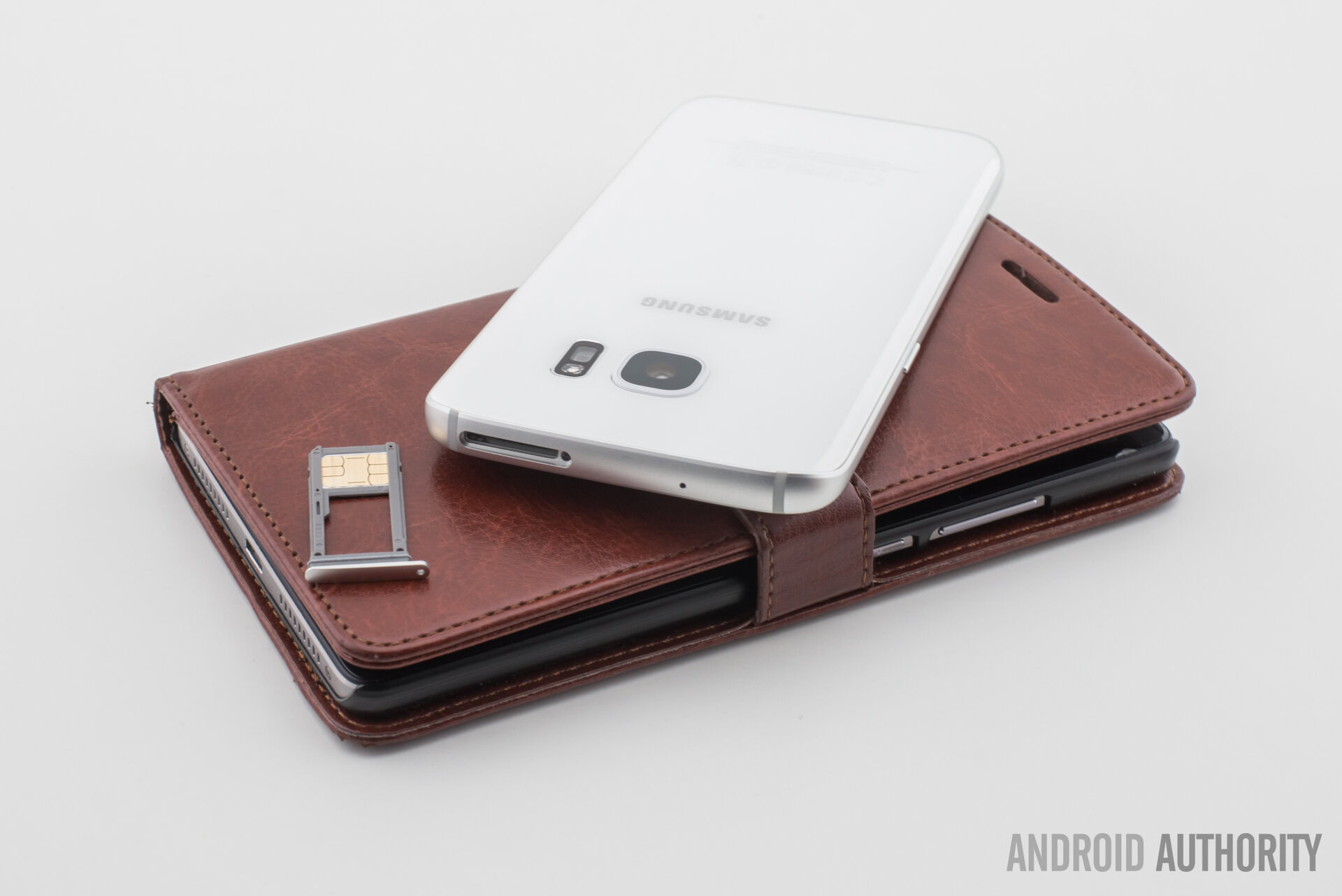
When the phone you’re using was purchased outright and no contract between you and your carrier exists, you’re in absolute control of everything about your wireless life.
Just found out you have to go a month-long business trip out of the country? Not a problem; just suspend your phone service for a month (for no charge, we might add) and buy a prepaid SIM card that has a service package that works for you when you reach your destination.
Carrier doubled the price of your service plan, or kicked you off of your unlimited data offering (ahem, Verizon)? In just a few clicks, you can have your service cancelled and a new SIM card from a different carrier with the same phone number on the way to your door.
Flexibility is the name of the game in the prepaid world, and while it may seem counter-intuitive, you’ll likely find yourself stressed less on a shoestring budget with a prepaid carrier than spending hundreds of dollars each month for postpaid service.
Conclusion
The fact of the matter is that you’ll have to grasp at straws to find downsides to ditching a postpaid carrier for your next phone. And the best part is that, even if something goes wrong, in the prepaid world the flexibility to go back to a postpaid carrier is always available. After all, you can take that unlocked phone over to any compatible postpaid carrier, and you’ll have no contracts with early termination fees attached or phones locked to a specific network.
As the mobile landscape in the US shifts, the logic points towards prepaid as the best bet for anyone looking for their next smartphone. The savings are real – both on devices, and on the monthly bill – and the flexibility is unmatchable. How much you can save will largely depend on the networks you consider, but it’s certainly worth the research if you’re at all sick of sticking to the postpaid status quo. Next time you’re on the market for a new phone, keep prepaid in mind.
What do you think – prepaid a better route? Do you like the idea of buying your phones outright, or do you find the price too large to swallow all at once? Let us know your thoughts down in the comments.
Post written by Rithvik Rao.